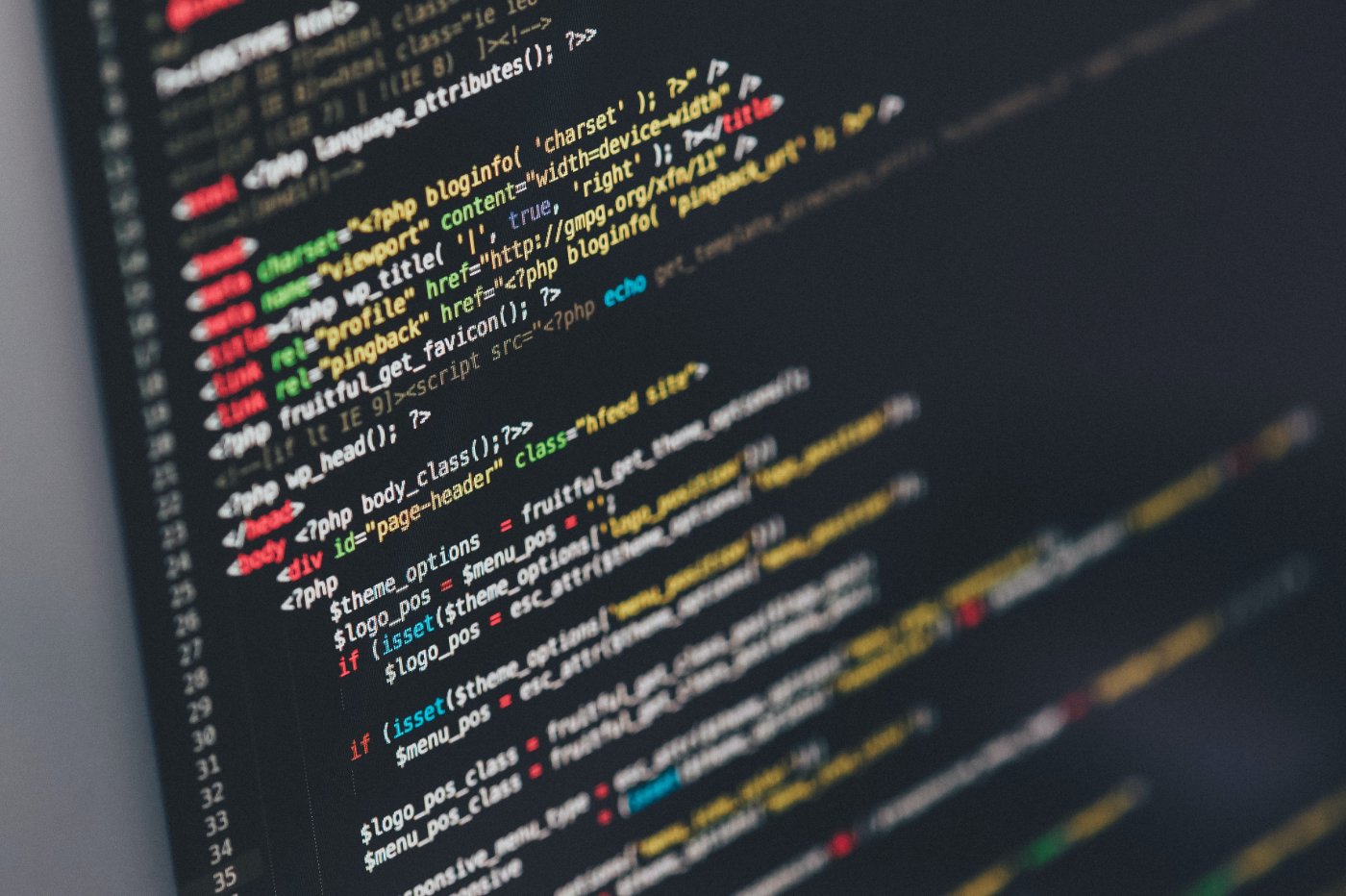
In the midst of a conflict with Ukraine, Russia does not rule out retaliating against its detractors. but the country is risking a lot by attacking NATO.
For several days now, war has been declared between Russia and Ukraine. Alongside the numerous armed clashes, the conflict is also being played out online, with numerous cyberattacks claimed on one side or the other. While Vladimir Putin’s government does not rule out reprisals against countries that will support Ukraine, the Russian president could once again choose the digital option… provided he is ready to pay the price.
Cyberattacks and armed conflict, same fight for NATO
According to the media Reuters, which quotes a NATO official, a computer attack directed against one of the allied countries would have the immediate effect of triggering article 5 of the international military alliance, namely the collective defense clause. Concretely, this means that an attack against a member country would be immediately perceived as directed against the rest of the allies. What logically start a third world war.
If until now, cyberattacks played no significant role in armed conflicts, times have changed. Since the start of the Russian-Ukrainian clashes, the question of new technologies has been on everyone’s lips. To the point of convincing billionaire Elon Musk to deploy his own satellite fleet to ensure a stable connection to Ukraine, and Anonymous to declare cyberwar on Russia. The threat of a cyberattack directed against NATO, if it had always remained hypothetical, now seems very real.
Faced with the growing importance of digital technology in conflicts, a NATO official confirmed that “In certain circumstances, thehe impact of cumulative malicious cyber activities could be considered an armed attack. We will not speculate on how serious such an attack would have to be to trigger a collective response. Any response could include diplomatic and economic sanctions, cyber measures, or even (the use of) conventional forces, depending on the nature of the attack”.
For his part, the Chairman of the US Senate Intelligence Committee, Mark Warner, believes that there is no clear directive on how NATO should handle this type of unprecedented situation. Asked by Reuters, he explains: “These are things that have been hypothetically discussed for a decade, but since we haven’t come to any universal conclusions about what those standards should be, we’re kind of in a gray area.”. The fact remains that an attack by Russia against a member of the alliance, whether cyber or not, would amount to passing a point of no return in the escalation of the conflict which is raging today.



